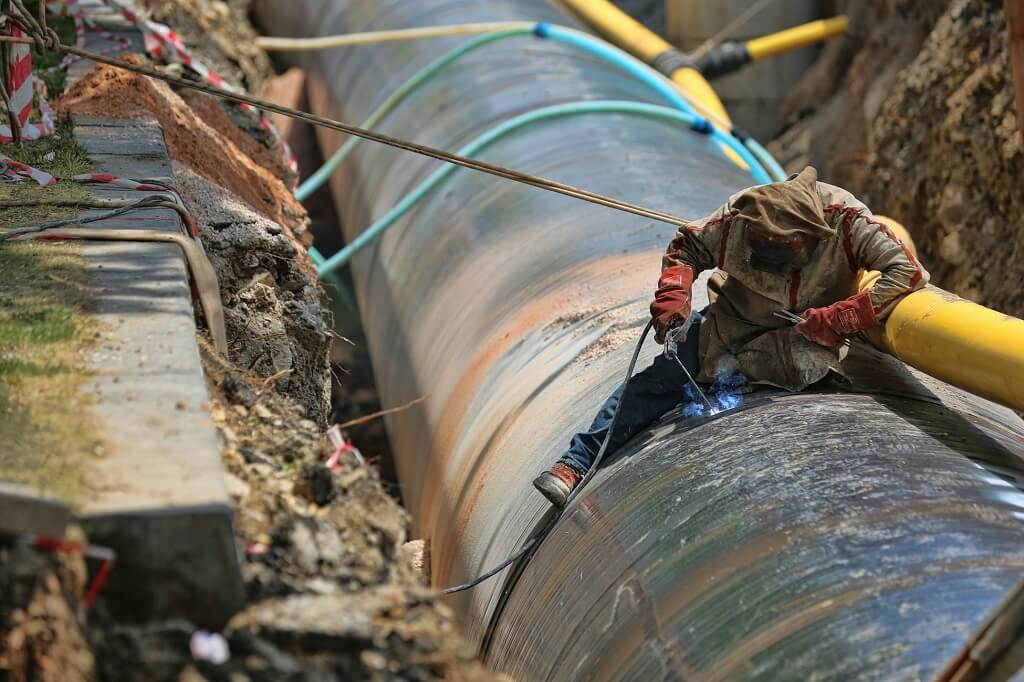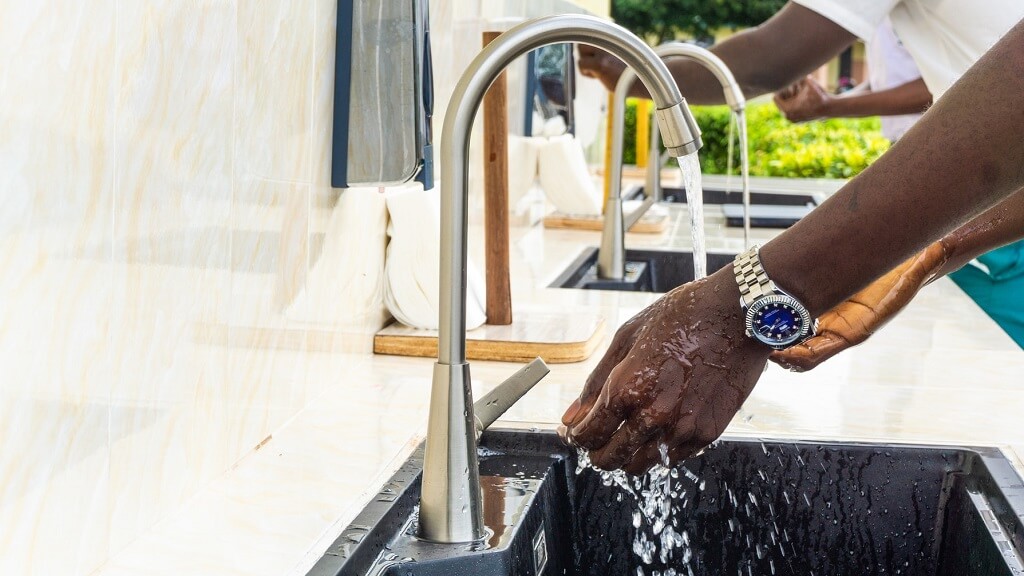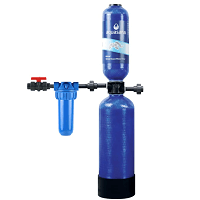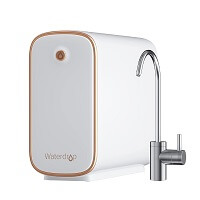In recent times, the quality of water supplied to homes has been an enormous concern. Municipal water is treated to make it drinkable. However, the water may get contaminated by groundwater seepage before delivery to a residential plumbing system.
Another concern about the quality of water is how old pipes can increase toxicity. Although it may be challenging to change municipal pipes, you can replace the pipes in your home. Older houses tend to have old and outdated pipes, and they are likely to cause health hazards for a household.
What Are The Present Conditions?
In the United States, the underground pipes are pretty outdated. They have gone past their estimated lifeline, thus, posing a severe threat. The American Waterworks considers 44% of the water infrastructure in America below standard. In addition, the American Society of Civil Engineers reports approximately 240,000 water breaks every year. Consequently, there is a shortage of clean water delivered to people, thus affecting the health and safety of the country's population.
Flint, a city in Michigan, used the Flint River as a drinking water source in 2014. During this period, a new water pipeline to Lake Huron was under construction. However, the River had two sources of contamination that caused adverse health effects for people. The first contaminant was industrial and sewage waste, while the second contaminant was lead pipes. Lead pipes introduce neurotoxins into the water when they corrode. You may ask, why use lead pipes? Lead pipes were more durable than concrete or iron. Also, they were more malleable; therefore, they were used widely in the 19th century.
Lead exposure can cause many health problems, including learning disorders in children and stunted fetal growth in pregnant women. Lead exposure can also hinder the function of the kidney, nerve, and heart in adults. Fortunately, in 1986, the clean water act was enacted to address the side effects of lead poisoning and also establish acceptable blood levels for lead.
How Do Aging Pipes Affect People?
Corroded pipes in the home can introduce metal contaminants into drinking water, causing health problems for homeowners. Corrosive water not only poses a health hazard but also constitutes a nuisance. There are even instances where extreme corrosion can damage your metal plumbing system.
Aging pipes can affect overall human wellbeing in several ways, including:
Introduction of Heavy Metal Contaminants
Aging pipes may leach heavy metals like dissolved lead, iron, copper, cadmium, and other toxic metals into drinking water. Heavy metals can discolor sinks and bathroom fixtures. In addition, metal contaminants can give water a metallic taste.
When the body ingests excess copper, it can cause gastrointestinal issues such as diarrhea, vomiting, nausea, and stomach cramps. Furthermore, people with Wilson's disease have higher sensitives to the effects of copper ingestion. Lead, on the other hand, is a much more toxic metal. This heavy metal can cause adverse health reactions both in children and adults. The most dangerous fact about lead is that it accumulates in the body till it reaches a toxic level. People can absorb lead through the digestive tract and lungs. Also, the blood can transport lead throughout the body. The concentration of lead in the body determines the severity of its poisoning.
Effects of lead poisoning in the body include damage to the nervous system, brain, kidneys, and even the red blood cells. Furthermore, lead poisoning can hamper the mental and physical development of children, sometimes causing irreversible damage. Lower IQ levels, behavioral problems, and shortened attention span are also effects of lead poisoning.
Virus and Bacterial Contamination
There are about 240,000 main water breaks every year across communities in America. Water breaks cause the waste of trillions of gallons of water. Furthermore, the breaks induce the introduction of contaminants into the water. Sewer pipes leakages and water breaks can cause the leaching of fecal matter into water bodies like rivers and aquifers. Aging water treatment plants may not have the capabilities to remove parasites, bacteria, and endocrine-disrupting substances. These contaminants can cause drinking water to smell like rotten eggs or sewage.
Clogged Piping
When heavy metals get leached into the plumbing system, it may cause pipe clogging. When pipes get clogged, it automatically decreases water pressure. You may need to wait for a longer time to fill up appliances that require water for operation, especially your dishwashers and washing machines. Also, clogged pipes can affect your water heater.
Higher Water Bills
The aging water infrastructure in America requires more than $1 trillion to revive the system and maintain the current water service level for the next 25 years to satisfy the growing population. In years to come, Americans who already pay for the water service will likely pay higher bills to accommodate the cost of improving the water infrastructure. There has been an increase in water bills in recent times, primarily because of the expenses incurred during water breaks.

What Can You Do If You Suspect You Have Contaminated Water In Your Home?
If you are not sure of the age of the pipes in your home or you suspect contaminants, it is best to test the water. Apart from corroded pipes, there are other reasons for the poor quality of water. Getting a water treatment specialist to test the water can let you know the type of contaminant present. In cases where your pipes are in good condition, a water systems specialist will recommend a water filtration or purification system installation.
The two types of water filtration systems that can effectively remove contaminants include a whole-house water filtration system and a reverse osmosis system.
Aquasana EQ-600-AMZN
The Aquasana EQ-600-AMZN is a whole house water system that treats water at the point of entry. It eliminates 99.9% of heavy metals, including cadmium, copper, and lead. The system is also effective in filtering out volatile organic compounds, sulfur, pesticides, radionuclides, and most sources of water contaminants.
Waterdrop D4
This system is smaller and more compact than a whole house water filtration system. Waterdrop D4 is a reverse osmosis water filtration system that treats water at specific points in the home. The primary benefit of this system is that it can effectively filter out heavy metals such as copper, lead, iron, and aluminum. It can also filter out other contaminant sources like fluorides, chlorine, arsenic, pesticides, and herbicides. Another benefit of this reverse osmosis filtration system is that it is compact enough to fit under a kitchen sink and provides over 400 gallons of clean water daily.





